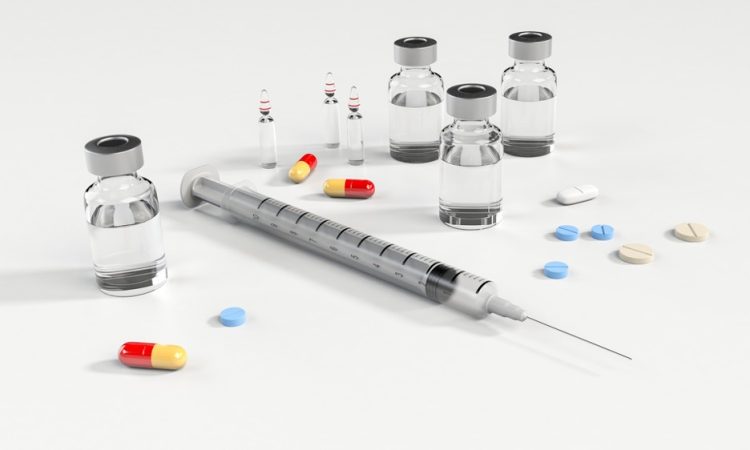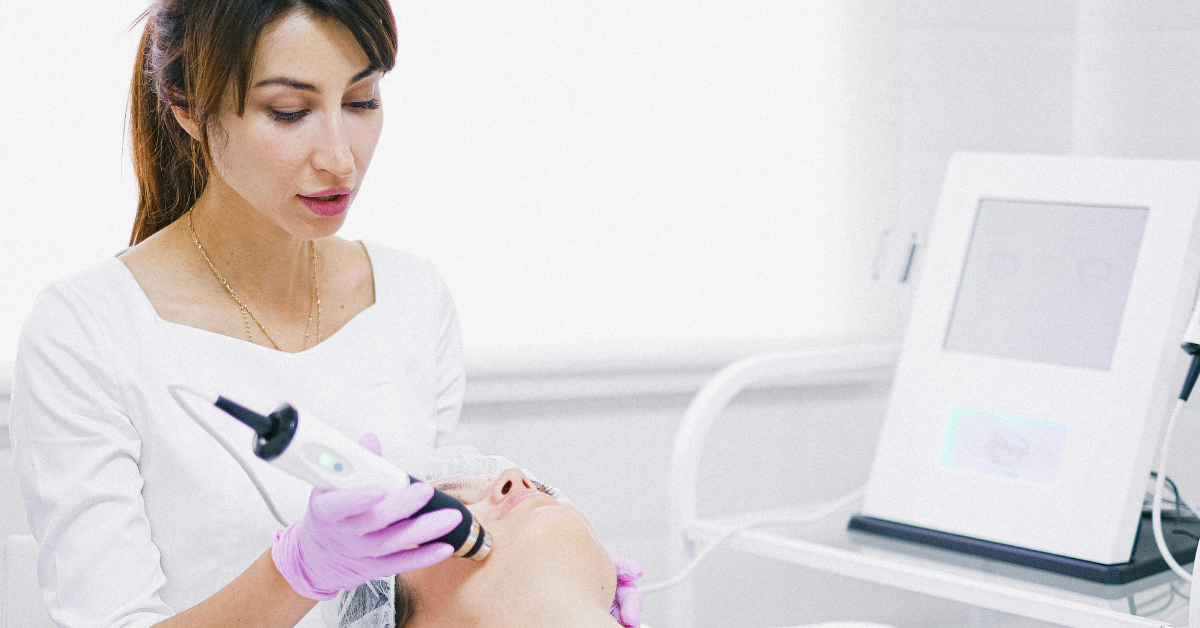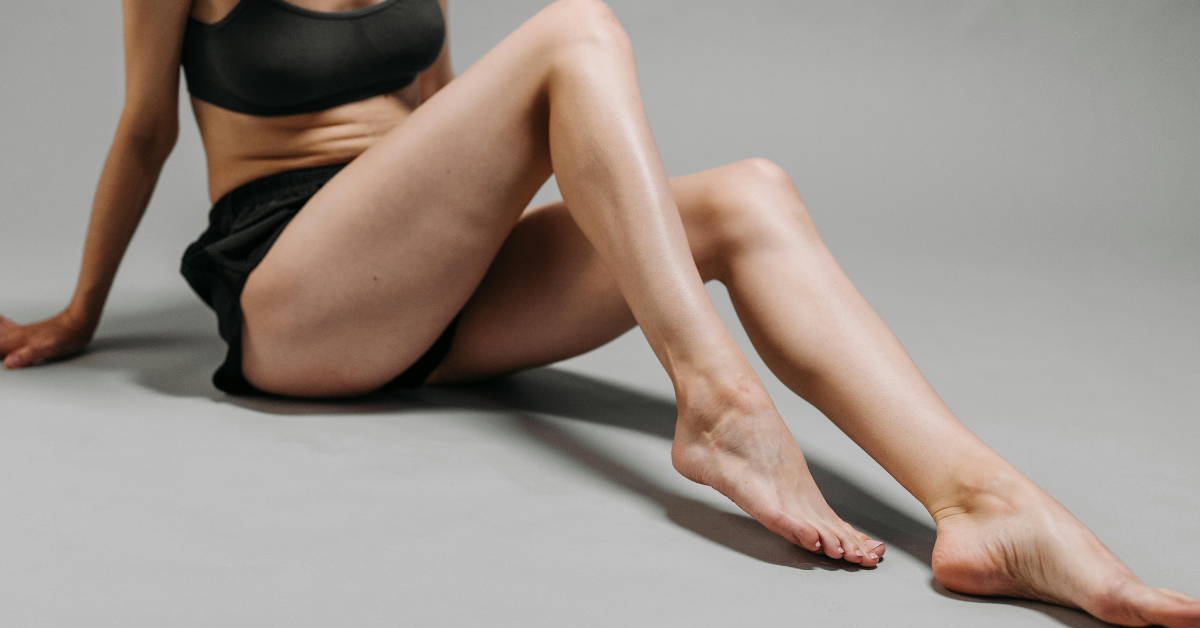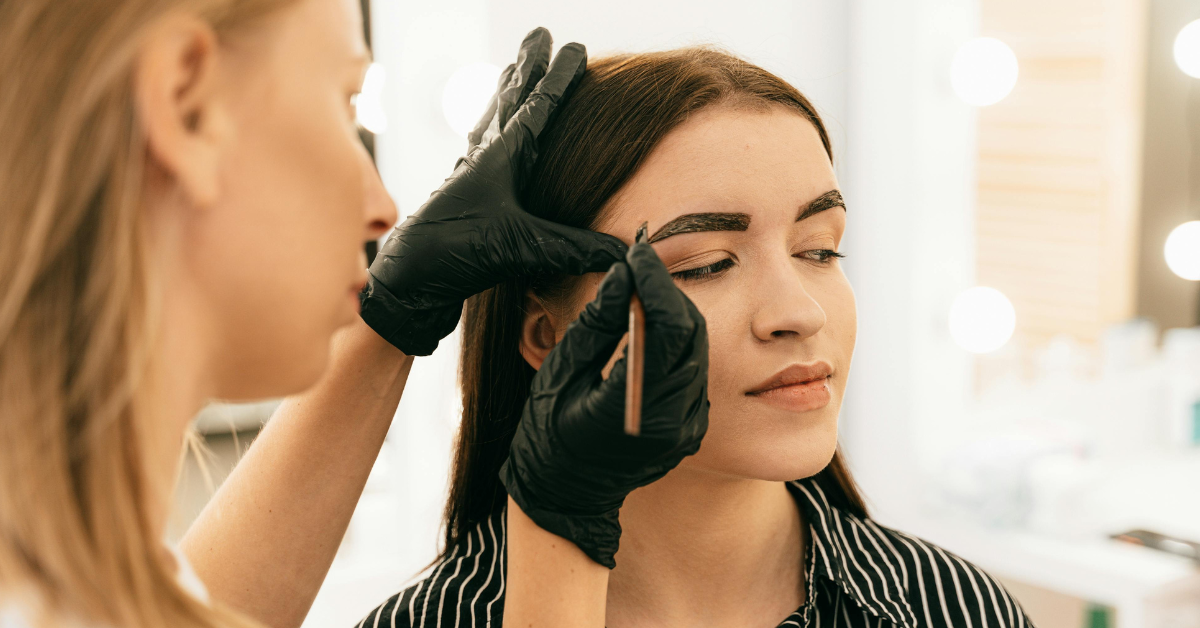Wrinkles, fine lines and creases are all part of the ageing process; it’s natural and to…

Is Laser Treatment Affected by Medication?
There is no shortage of medications out there, which means that it’s not uncommon to be taking something whilst going through a round of laser treatment. Regardless of what you are having laser treatment for, there is a high chance that it could coincide with taking some sort of medication. This could be an ongoing and regular medication, or it could be a one-off and short-term course, such as antibiotics or cold and flu tablets.
For the most part, taking medication alongside laser treatment isn’t something to worry about. If all laser treatment was affected by medication, it would be inaccessible to many people, and it’s likely that laser treatment would be a lot less popular. After all, it would stop it from being a viable treatment option, as side effects would be likely. Thankfully, you can undergo laser treatment whilst taking most medications. However, there are some medications that do affect laser treatment, and these are known as ‘photosensitive’ medications. If you are taking photosensitive medications, laser treatment should be avoided to avoid side effects.
What are Photosensitive Medications?
Photosensitive medications are those that are affected by ultraviolet light, which is present in all laser treatments. It doesn’t matter if you are having laser treatment for hair removal or laser treatment for fine lines and wrinkles; taking a photosensitive medication at the same time can be a problem. This is because photosensitive medications react to UV light, and there is no way to avoid UV light when you’re having laser treatment. In fact, it’s the UV light itself that achieves impressive results.
The severity of the side effects can differ hugely, depending on how light-sensitive the medication is and how sensitive your skin is, to begin with. This is why it’s important to always check the relationship between the medication you are taking and the impact of coming into contact with UV light. A lot of this information is available online, but it’s always best to check with a laser treatment professional.
Taking Photosensitive Medications and Laser Treatment at the Same Time
There is no denying that laser treatment is safe, regardless of whether you are undergoing a course of treatment for acne or snoring, hair removal or tattoo removal. It’s a treatment you can have done, knowing that it’s safe and only causes mild discomfort. In fact, side effects are uncommon and extremely mild. However, if you are taking a photosensitive medication, this is not always the case.
Due to the severity of the side effects and complications, laser treatment should not be done at the same time as taking medications such as Roaccutane and Retin-A for acne, as well as any other photosensitive drug. This includes a number of antidepressants and antihistamines.
Laser treatment is affected by photosensitive medications in a number of ways. It makes the skin much more sensitive to light, and the strong UV light used as part of laser treatment can be too much for the sensitive skin to handle. It can lead to hyperpigmentation of the skin, which resembles sunburn, and photoallergic reactions. Both of these can be painful and long-lasting and should be avoided at all costs. Of course, these side effects also impact the results of laser treatment and mean you are unlikely to see the results you are hoping for.
Examples of Medications That Affect Laser Treatment
The majority of medications taken have no impact on laser treatment, and there are no side effects related to having both at the same time. You can take most drugs, such as antibiotics, knowing that they won’t affect laser treatment in any way. However, there are some photosensitive medications to be aware of.
Two of the most commonly taken photosensitive medications are Rocaccutane and Retin-A, both of which are acne treatments. These both cause serious side effects from laser treatments, and treatment should be avoided if you are taking either of these. It’s usually recommended that you wait anywhere from two weeks to six months after finishing a course of acne treatment before you start your laser treatment journey. This is something your clinician can advise you on, taking your exact medication dose into account. It’s important for the drug to be out of your system and for your skin to no longer be extra sensitive as a result.
There are also a handful of other medications that are photosensitive, such as those taken for hormone control and as anti-inflammatory agents. Antidepressants and antihistamines also commonly include photosensitive agents, meaning that you are likely to react badly to laser treatment if you are taking them. Though not all of these are reactive to UV light, some are, and it’s always best to check. By checking beforehand, you can begin your laser treatment knowing that you are unlikely to have a photosensitive reaction.
How to Avoid Medications Affecting Laser Treatment
The most important thing to do before undergoing laser treatment is to check if you are taking any medications that could impact the procedure. There are some medications that cause painful hyperpigmentation and others that hinder the results achieved. By speaking to an expert – such as the specialists here at Cambridge Laser Clinic – you can enjoy the benefits of laser treatment without having to worry about avoidable side effects. If you are taking medication that affects lasers, it’s best to wait until you have finished doing so before starting treatment.
Professional Laser Treatment
There are a number of benefits that come with choosing laser treatment, and the uses are seemingly endless. Laser treatment can be used to remove unwanted hair, remove unwanted tattoos, combat the signs of ageing, improve the appearance of acne and fade stretch marks. It can even be used to fight fungal nail infections, warts and verrucas. This is why it’s such a common cosmetic route to take. To find out more about laser treatment and whether it’s an option with your current medication, speak to a specialist.



